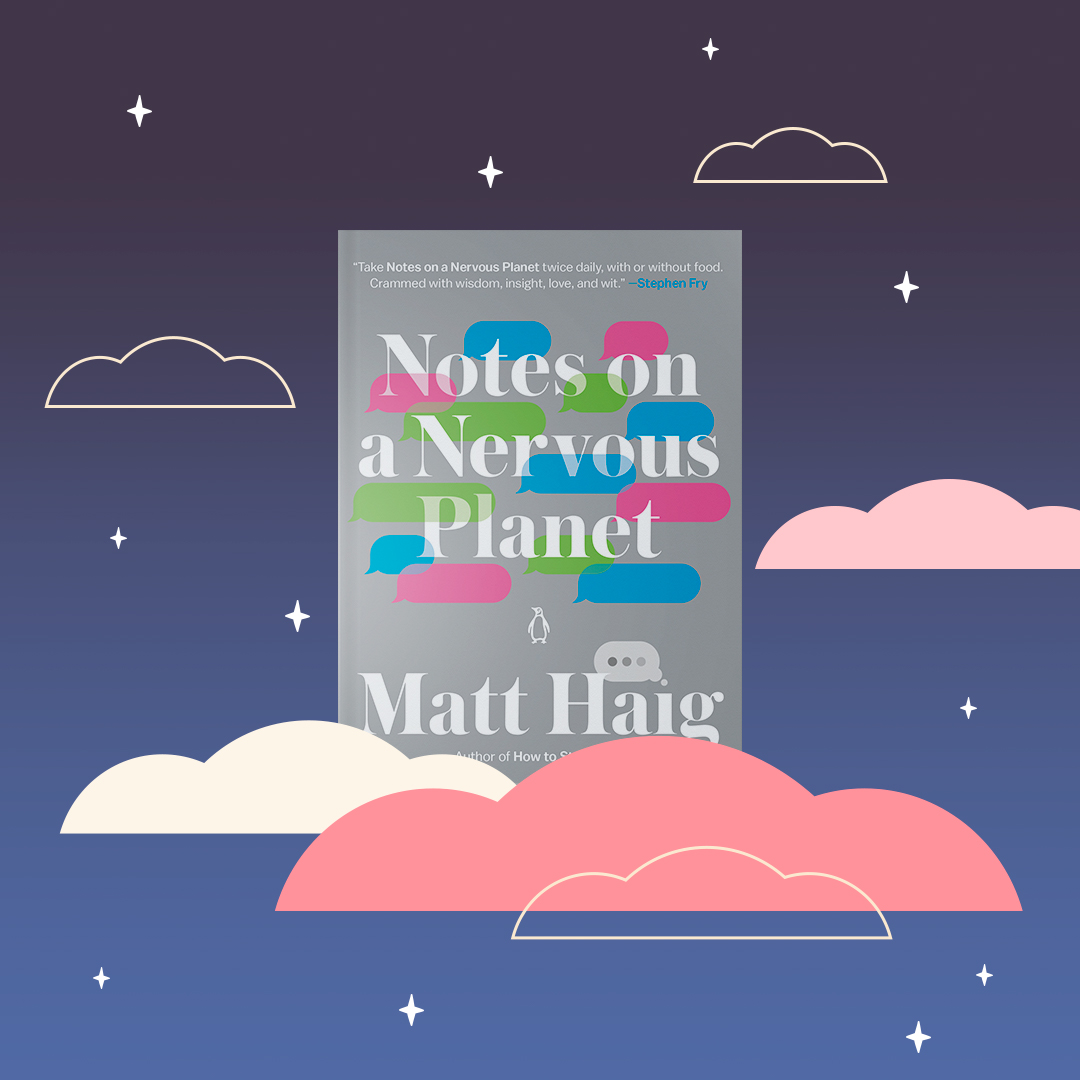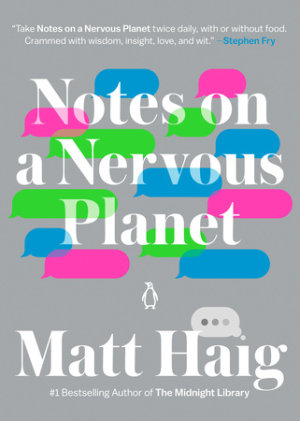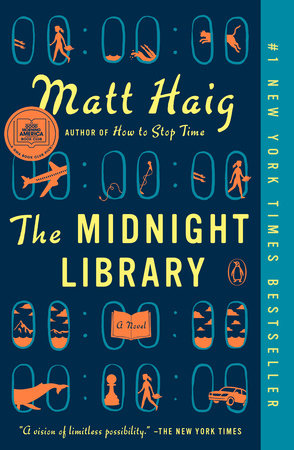Excerpts
An Excerpt from Notes on a Nervous Planet by Matt Haig

If you want to fall asleep faster, reduce stress, and boost your mood, join us as we Read to Sleep! We’re committing to a healthier habit of picking up a book at bedtime instead of staring at a screen. We’ve got recommendations for you here!
A follow-up to Matt Haig’s internationally bestselling memoir, Reasons to Stay Alive, a broader look at how modern life feeds our anxiety, and how to live a better life.
How to sleep on a nervous planet
There are all kinds of pay-for or technological solutions out there. From those sleep-tracking devices to light bulbs free of blue light to hypnotherapy to sleep masks. But many of these consumer products seek to increase our anxiety around sleep.
In fact, the best ways are simple. The most consistent expert advice includes getting into a routine, avoiding caffeine and nicotine and too much late night alcohol (I can vouch for all this), exercising early in the day, avoiding late large meals, relaxing before bed, and getting some natural daylight.

Doing ten minutes of (very) light yoga and slow breathing has worked well for me during anxiety patches where sleep has been problematic.
Sleep remains a sacred space, away from distraction.
Matt Haig
But one of the most effective solutions, if a little boring, is breathtakingly simple. According to Professor Daniel Forger of the University of Michigan, who led a team of researchers looking at sleeping patterns around the world, we are in the midst of a “global sleep crisis” as society pushes us to stay up later. The answer, as he told the BBC, is not to sleep in. It’s going to bed a little earlier, as the later people go to bed, the less sleep they get. Whereas what time we wake up in the morning makes surprisingly little difference. But even the act of going to bed a little earlier might require cultural change. “If you look at countries that are really getting less sleep then I’d spend less time worrying about alarm clocks and more about what people are doing at night—are they having big dinners at 22:00 or expected to go back to the office?”

Another solution is to be disciplined about your phone and laptop use, and try not to be on them in bed, as the blue light negatively affects the sleep hormone melatonin.















